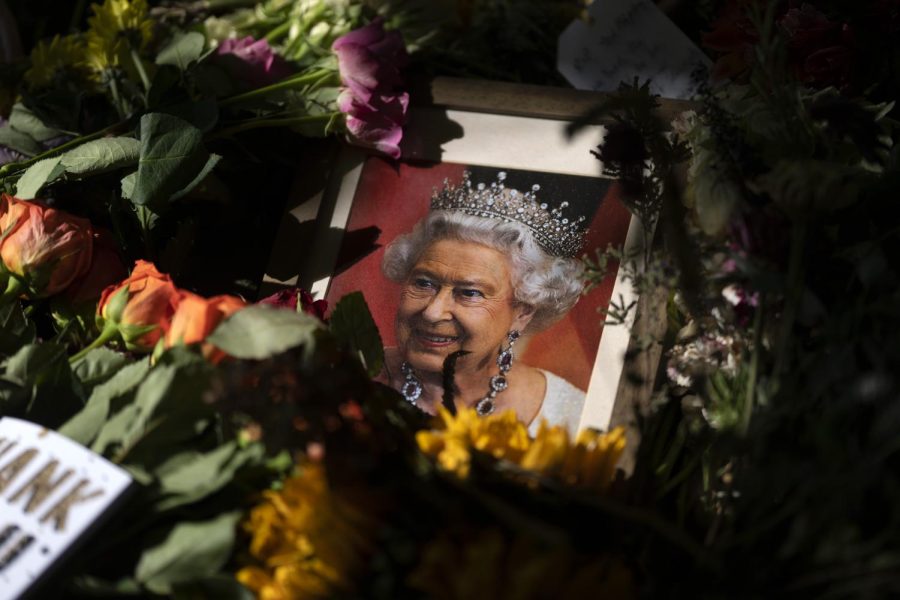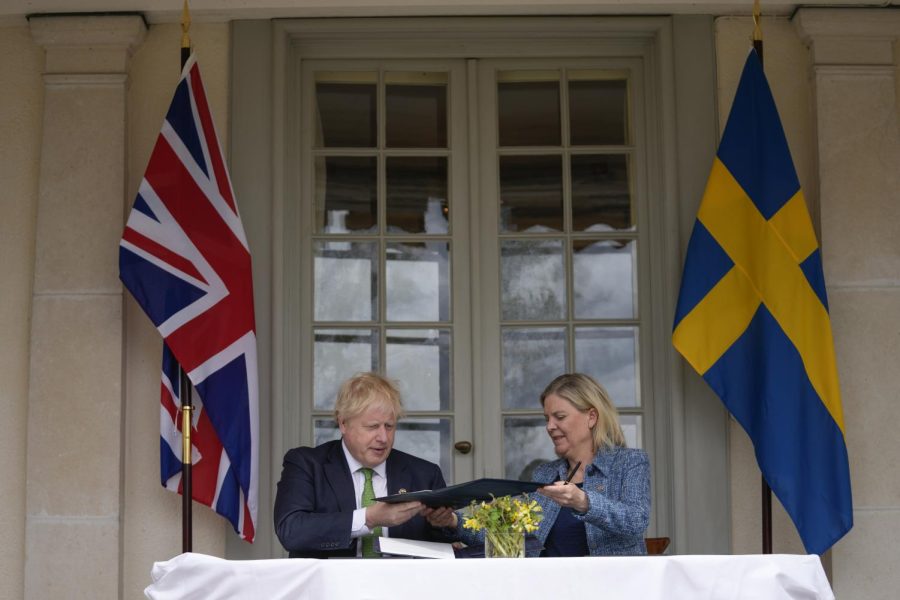Point/Counter-point: United States Leave Afghanistan
September 24, 2021
“It’s clear that Biden had no plan and it seemed that he simply just walked into the Oval Office and decided right then and there that he wanted to withdraw from Afghanistan.”
Derek Scott, News Editor
The war in Afghanistan with President George W. Bush doing so as a retaliation for the September 11 attacks. However, the war was very popular back in late 2001, but times have changed and so have people’s opinions.
The rose-colored glasses of the war came off quickly as Americans and the world saw how many were being killed. 2400 American troops lost their lives during the 20-year long war. The war in Afghanistan has been going on for so long that it has achieved the title of Americas longest war.
Every President from the last twenty years promised the American people what the wanted to hear: The war in Afghanistan will end and our troops will return home. But it never happened.
President Barack Obama ended the war in Iraq, he never pulled the plug on Afghanistan.
With a new decade came a new president. Although the results were challenged time and time again, Congress kept with tradition of validating the count, making Joseph R. Biden the 46th president of the United States.
Like every other politician before him, he preached that he would be the one to bring our troops back to U.S. soil. Nobody believed him however because it was a good example of the boy who cried wolf.
In August of this year, President Joe Biden issued an emergency meeting with America’s allies to discuss the evacuations of troops and civilians in Afghanistan. The deadline the Biden administration had set for complete evacuation of the country was August 31, 2021.
The last military flight out of Kabul was in the afternoon hours of August 31. It really was an end of the era. Unsurprisingly, the evacuations went terribly wrong.
Most of the problems can be traced back to where it all began. The White House. It’s clear that Biden had clearly not thought of any plan, it seemed that he simply just walked into the Oval Office and decided right then and there that he wanted to withdraw from Afghanistan.
With an abrupt announcement like that, it’s no wonder that everybody and their mother rushed to Kabul airport hoping to get that golden ticket out of there. Therefore, pictures of overstuffed airplanes came to surface around the globe, making the Biden administration try to do whatever they could to prevent any other embarrassing events from happening.
Tragedy struck shortly after with a suicide bombing in Hamid Karzai International Airport, Kabul’s international airport, killing 13 U.S. troops and 60 Afghan civilians. This horrific event led to the Biden Administration yet again beefing up operations in Afghanistan, but the damage had already been done.
Back on our own soil, the Biden administration was receiving major backlash from both Republicans and Democrats and everyone else in between. Many argued that the evacuation could have gone much smoother if they had thought about how they would be getting people out of there instead of just saying that they were going to get people out of there no matter what.
But time has passed, and the Taliban has taken control of Afghanistan once again, making it seem like that the war in Afghanistan had never happened at all.
“The withdraw, despite its complications, was a decision that should have been made a generation ago.”
Corban Gobble, Editor-in-Chief
It’s during an emotional and consequential event like the withdraw that we must think extra hard past emotional sentiment and into logic; the withdraw, despite its complications, was a decision that should’ve been made a generation ago.
First, consider the implications of the war itself: 400,000 deaths, the beginning of a humanitarian crisis, the strengthening of immense corruption, and 20 years of foreign involvement. Those aside, we must also consider the economic consequence of it — the war from 2020 to 2021 cost a whopping $3.21 trillion. However, these costs must keep in mind the economic benefits to soldiers in the war, and therefore the cost may peak around year 2048.
20 years ago, the United States entered the war to hunt down terrorist targets such as the Taliban to ensure that the country could remain safe from itself; this was successful on its own, and the United States soldiers quickly chased out the terrorists. However, the plan that followed afterwards was a lot on its own to tackle; they United States needed to create a stable western democracy in a middle eastern nation.
Corruption limited what could be done; hundreds of millions of dollars used to fund reconstruction didn’t go where it was supposed to go, whether it was stolen or misappropriated by the Afghanistan Government. This created difficulties in providing security, food, shelter, and more to the Afghanistan citizens.
The war itself shouldn’t have been kept on. In a mission to eliminate a terrorist target, it would make sense to complete the objective and get involved no more.
20 years after chasing the Taliban out, the Taliban re-take Afghanistan by force in a matter of days. It seems that holding a costly war might have not been for the better.
From looking at the situation from a centrist point of view, it seems like a choice to withdraw or not both lead to chaos; the difference is, though, our people were dying, and we were losing resources and money by staying. We can’t go back in time, but if we could, it would have been better to not be involved in the first place.
Assassinating Osama Bin Laden was the original objective and should have been the only one; rebuilding a nation and trying to keep it in place only allows the Taliban to poke the fire. By staying around, we allow a terrorist organization to toughen up against a nation’s army by starting with small attacks and building up to larger and larger ones.
For example, soldiers initially experienced minor attacks that were easily combatted. As time progressed, bigger and bigger attacks killed more soldiers and civilians.
It’s a complicated decision, but unfortunately, a withdraw is what is needed for the better good. How we resolve these new issues may as well take another 20 years of its own to solve.





















